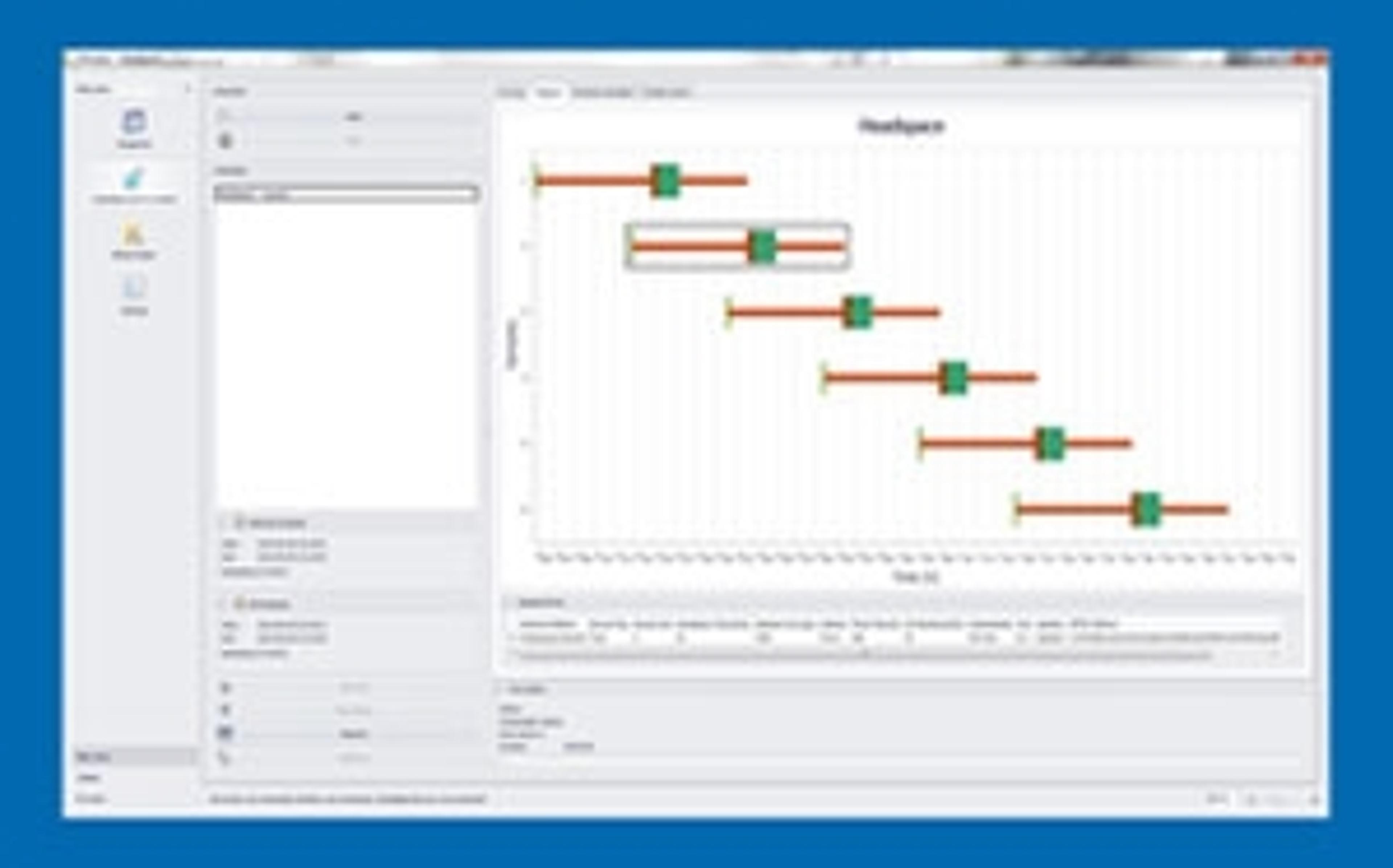Axel Semrau Announces New Automated Workstation for Carcinogenic Compounds
3 Jul 2017Axel Semrau has automated the established methods for MCPD (3-monochloropropane-1,2-diol) and glycidol analysis and has optimized them, in particular the DGF Fast & Clean method. The MCPD workstation enables an efficient and time-saving sample preparation and can be optimised for other methods as well.
MCPD and glycidol are known as contaminants in fatty and oleaginous foodstuffs due to manufacturing. They occur during the essential refinement process during the manufacture of oils. In 2016, research results from animal tests induced the European Food Safety Authority (EFSA) to decrease the recommended uptake of MCPD from 2 µg to 0.8 µg per kilogram body weight. MCPD is suspected to be harmful as well; the bad impact of glycidol was already verified. The most frequently occurring form of these compounds, the esters, are not carcinogenic. If the compounds are hydrolyzed into their free forms, e.g. by heat or during the process of digestion, they are presumed to be potentially toxic.
Their carcinogenicity make efficient analytics necessary. Thus, their increased content in foodstuff has to be determined fast and reliably. Axel Semrau developed a specific workstation which automates the entire manually time-consuming sample preparation and online analytics. Axel Semrau optimized with DGF Fast & Clean the recommended method, AOCS Cd 29c-13.
Advantages of the MCPD Workstation:
- Various methods automated
- First result after 45 minutes with DGF Fast & Clean
- 36 samples in 24 hours with DGF Fast & Clean
- Excellent performance in routine environments
- Minimum maintenance due to Clean-Technology
A video giving a more in-depth analysis of the Worksation can be found here.

